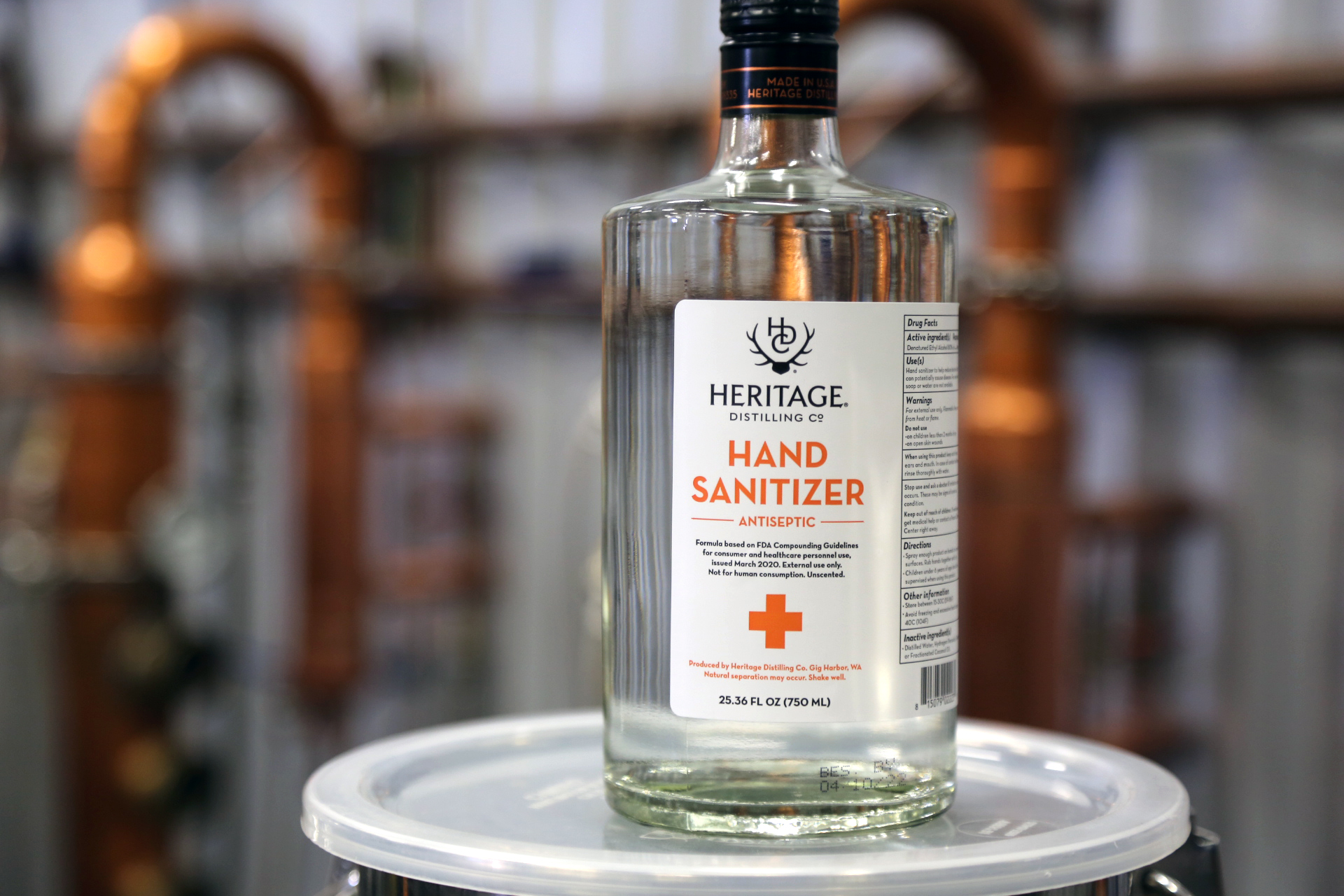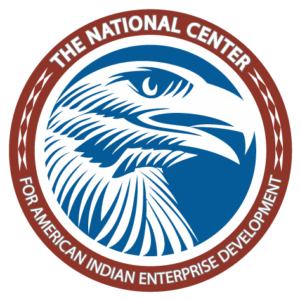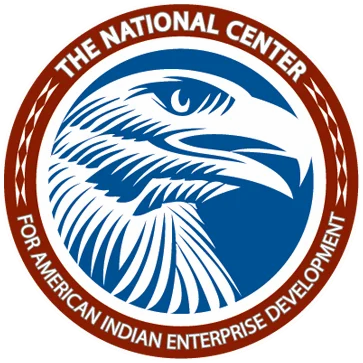At RES 2020, one of our most popular booths at the tradeshow was from Gig Harbor, Washington-based Heritage Distilling. Opened in 2012, Heritage Distilling offers a range of award-winning products. In 2016, the company partnered with the Chehalis Tribe to design and build a world-class craft distillery with a brewery and restaurant on tribal land in Rochester, WA. The distillery and restaurant opened just as the first COVID-19 cases were reported in the U.S. Heritage and the Chehalis Tribe quickly transitioned the distillery to produce hand sanitizer.
We sat down with Heritage Distilling CEO Justin Stiefel to discuss the business and the process they went through to respond to COVID-19. Learn more about Heritage Distilling, its partnership with the Chehalis Tribe and work on the Tribal Beverage Network, and how you can purchase their products.
1. Tell us a bit about yourself and your business?
In a previous life, I worked in the United States Senate as Legislative Aide and Legislative Counsel. There I worked to assist Alaska Natives entities with economic development plans. Later in a private lobbying practice, my partner and I represented Alaska Native Corporations and Tribal entities in the Lower 48 on infrastructure projects.
Heritage Distilling Company, Inc. (HDC), opened to the public in Gig Harbor, Washington in 2012. It is one of the premier craft distilleries in the U.S. and the most-awarded craft distillery in North America for the past seven years by the American Distilling Institute. HDC produces a range of whiskeys, vodkas, gins, aquavit and rums and currently operates distilleries and tasting rooms in six locations spanning two states and has distribution of select products in all 50 states. Family operated and majority woman-owned, HDC is adept at connecting with and contributing to the culture of craft spirits through multiple channels.
In 2016 we partnered with the Chehalis Tribe to design and build a world-class craft distillery with a brewery and restaurant. It required overturning 184-year-old law that prevented distilleries on tribal land. We were successful and were in final preparations of opening Heritage Distilling at Talking Cedar, a beautiful state of the art, tribally-owned distillery with tasting room, brewery and tap room and restaurant in Rochester, WA.
2. You recently shifted your focus to producing hand sanitizer for COVID-19 response. What prompted that change? Was it a tough decision to make?
Washington State was home to the first reported COVID-19 case in the United States on January 21. Soon thereafter, we were one of the first states to go into lockdown mode and our case count and the death count was growing rapidly. Our tasting rooms were part of the statewide lockdown of bars and restaurants. In our own backyard, people were getting gravely ill, and at the time, there was little known on how to combat it. Officials recommended practicing good hygiene, including the use of hand sanitizer, but the hand sanitizer was flying off the shelves and many of our state’s most vulnerable populations and front-line employees couldn’t get their hands on it. That is when we decided to take action.
Within a week we went from producing spirits to producing hand sanitizer in our Gig Harbor, WA and Eugene, OR distilleries. Despite having a daily limit of no more than 2 bottles per person, our 16,000 gallons a month was not fulfilling the needs of the community. We knew we had to do more.
Though Heritage Distilling had just opened, we connected with our partners at Chehalis Tribal Enterprises to talk about retrofitting the equipment to produce up to 600,000 gallons of hand sanitizer per month. They too were enthusiastic about the idea; they knew that by producing the hand sanitizer, they could get it into all the tribal communities that needed it. In total, it took about six weeks to accomplish.
3. How difficult was it to make such a significant change in your business plan in such a tough time? What were your biggest surprises?
Changing everything so quickly was difficult, but it was a team effort. We had a responsibility to the community to put our knowledge to use, and to the Tribe’s credit, they felt that same sense of community-obligation. Everyone involved got out of their comfort zones and stepped up very quickly. For many it meant working nights and weekends; for others, it meant taking a crash course on a new topic and for me it meant throwing out the playbook, knocking down barricades and relying on my business experience and gut feel to guide the team.
Since the COVID epidemic hit, I told our team that you cannot be bound by the constraints of what you thought your business was four months ago. If you want to survive and thrive, you must respond to the new realities you face, and that means allowing yourself to pivot in times of great uncertainty. I couldn’t be prouder of our team and our partnership with the Chehalis Tribe.
As for the biggest surprise, I would say it was the challenge of lining up the packaging to be able to get sanitizer to the end consumer. Once we solved the blending and liquid portion of the product, we had to find bottles. Everyone in the country was looking for bottles at the same time.
4. How long do you anticipate producing the hand sanitizer? Are you still able to focus on your main product line too?
If we’ve learned anything about this situation, it is to expect the unexpected and be ready to flex when needed. We don’t know how long the pandemic will last and how long we’ll need to produce HDC Hand Sanitizer to support businesses and our community. The current federal guidance allows to make the product at least through December 31, 2020. That said, we’ll shift when demand shifts for both our hand sanitizer and our spirits.
5. COVID-19 has been devastating to many Native American communities. Why is it important for all of us to work together to combat and recover from COVID-19?
At any given time, we all have something to offer one another. It could be as simple as a shoulder to cry on or a home-cooked meal. It could be as complex as providing medical care or reopening a business so that people can go back to work. All offerings are vital to the sustainability of our nation. In times like this, we all must play our part and contribute to the greater good of the community with the skills and resources we have. For us, it means leveraging our licensing, our knowledge of how to make the product and how to source the ingredients. Native American communities have a long tradition of passing their knowledge down from generation to generation. We feel that same sense of obligation.
6. Shifting to a pre-COVID-19 time. You attended RES in Las Vegas earlier this year. How was that experience, and how has the National Center helped you in the development of your business?
We consider the National Center a partner in our work to develop tribally owned distilleries like Talking Cedar nationwide through the Tribal Beverage Network project. The Tribal Beverage Network is the concept we have formed to create a network of intraoperative distilleries, breweries and/or wineries with Tribes to allow them to produce products for their own use, for sale to their customers, guests and clients in their tap rooms or tasting rooms, and to sell products into product wholesale distribution. It leverages some of the unique characteristics available through Tribal business ventures and allows Tribes to diversify economically.
Our time at RES2020 was focused on educating and informing Tribal leaders on the economic and workforce development benefits of participating in the Network. The support we received from NCAIED staff and leadership was key to our success at RES and helped lay the groundwork for continuing our conversations with Tribes across the country.
7. Where and how can our readers purchase your products – both the hand sanitizer and your spirits?
Consumer, small format, HDC Hand Sanitizer is available n Heritage Distilling Co. tasting rooms in Washington and Oregon and online at https://heritagedistilling.com/products/hand-surface-sanitizer. It is also available at select Costco and Safeway locations and in the coming weeks, we will be on Amazon.
For businesses interested in large scale or wholesale procurement, please visit https://heritagedistilling.com/pages/hand-sanitizer-large-order.
You can check out pictures and drone footage of the distillery and its products here – with new photos coming out on Friday, May 29.













